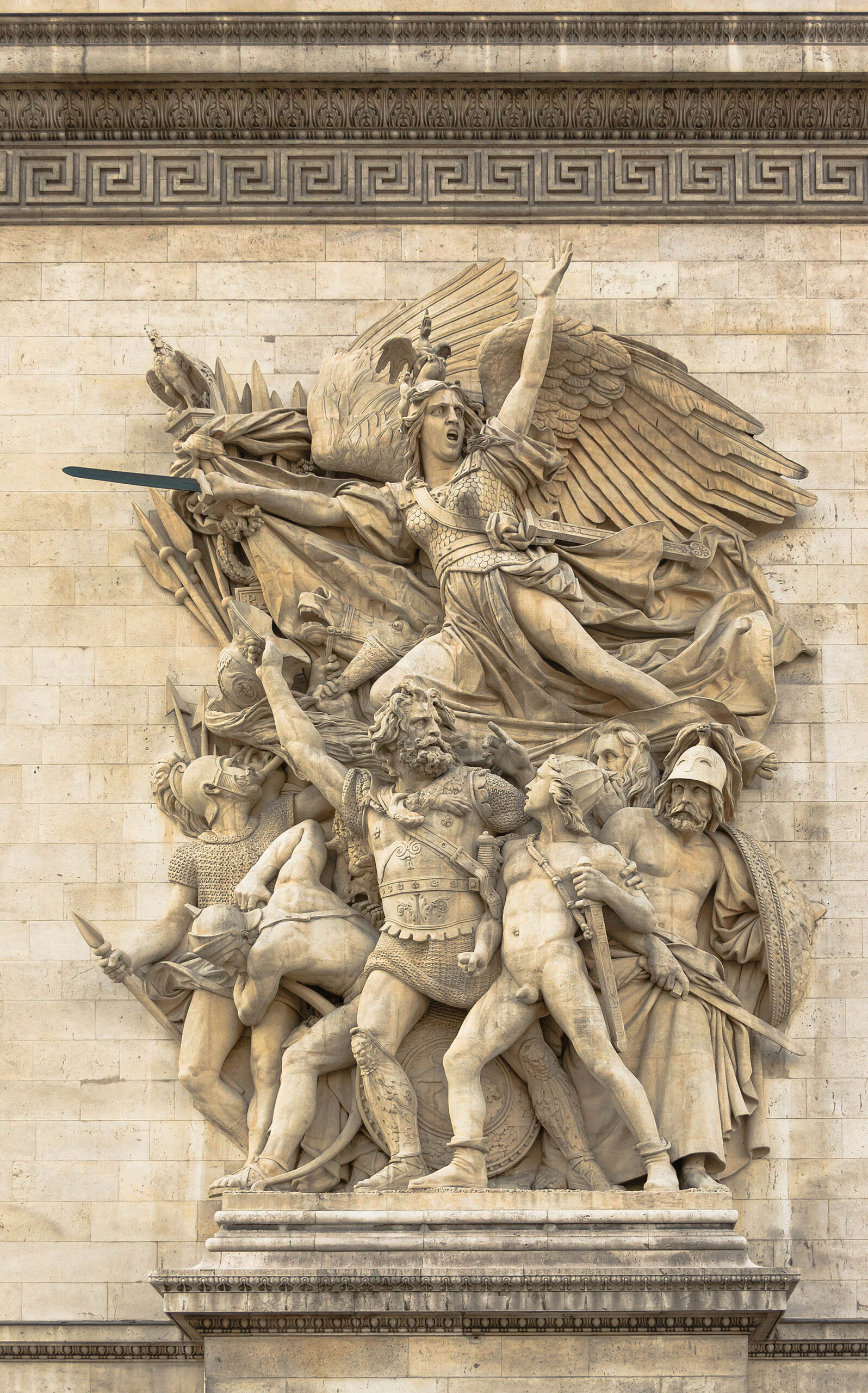On July 14, 1795, “La Marseillaise” became France’s national anthem, solidifying a powerful symbol of liberty and national pride.
But “La Marseillaise” wasn’t always destined to be a national glory. Its origins trace back to the tumultuous times of the French Revolution in the late 18th century.
At the request of the mayor of Strasbourg, Claude Joseph Rouget de Lisle penned “La Marseillaise” on 26 April 1792. Originally, it was a war song called “Chant de guerre pour l’Armée du Rhin” (translation: War Song for the Army of the Rhine). Inspired by France’s conflict with Austria, it captured the revolutionary spirit and the desire to fight for freedom that swept the country.
What makes “La Marseillaise” even more iconic is its association with the fédérés (volunteer fighters from Marseille for the French National Guard during the revolution). These passionate folks adopted the song during their march to Paris, and it quickly became their anthem. This connection gave the song its now-famous nickname, “La Marseillaise,” further cementing its popularity.
After years of revolution and change, the National Convention officially adopted and declared “La Marseillaise” France’s national anthem on July 14th, 1795.
It hasn’t been smooth sailing, though. Napoleon (I) would later ban and remove its status as he feared its words would ignite a revolution against his rule.
Fortunately, it endured.
Even today, “La Marseillaise” remains a patriotic and powerful symbol of France’s revolutionary past and its commitment to liberty, equality, and fraternity. However, it has gone beyond the French border, inspiring individuals worldwide who champion the principles of freedom, human dignity, and national pride.

